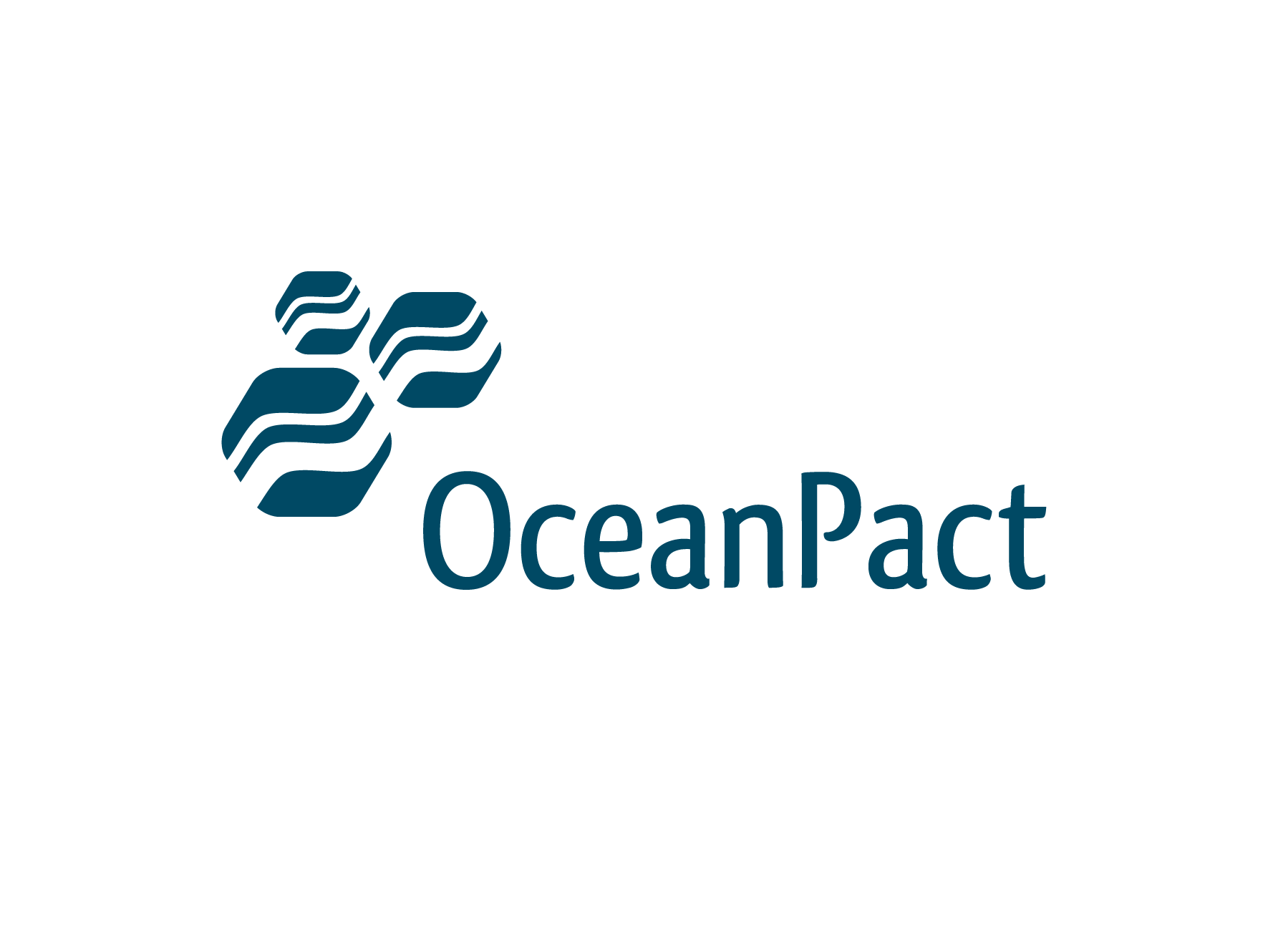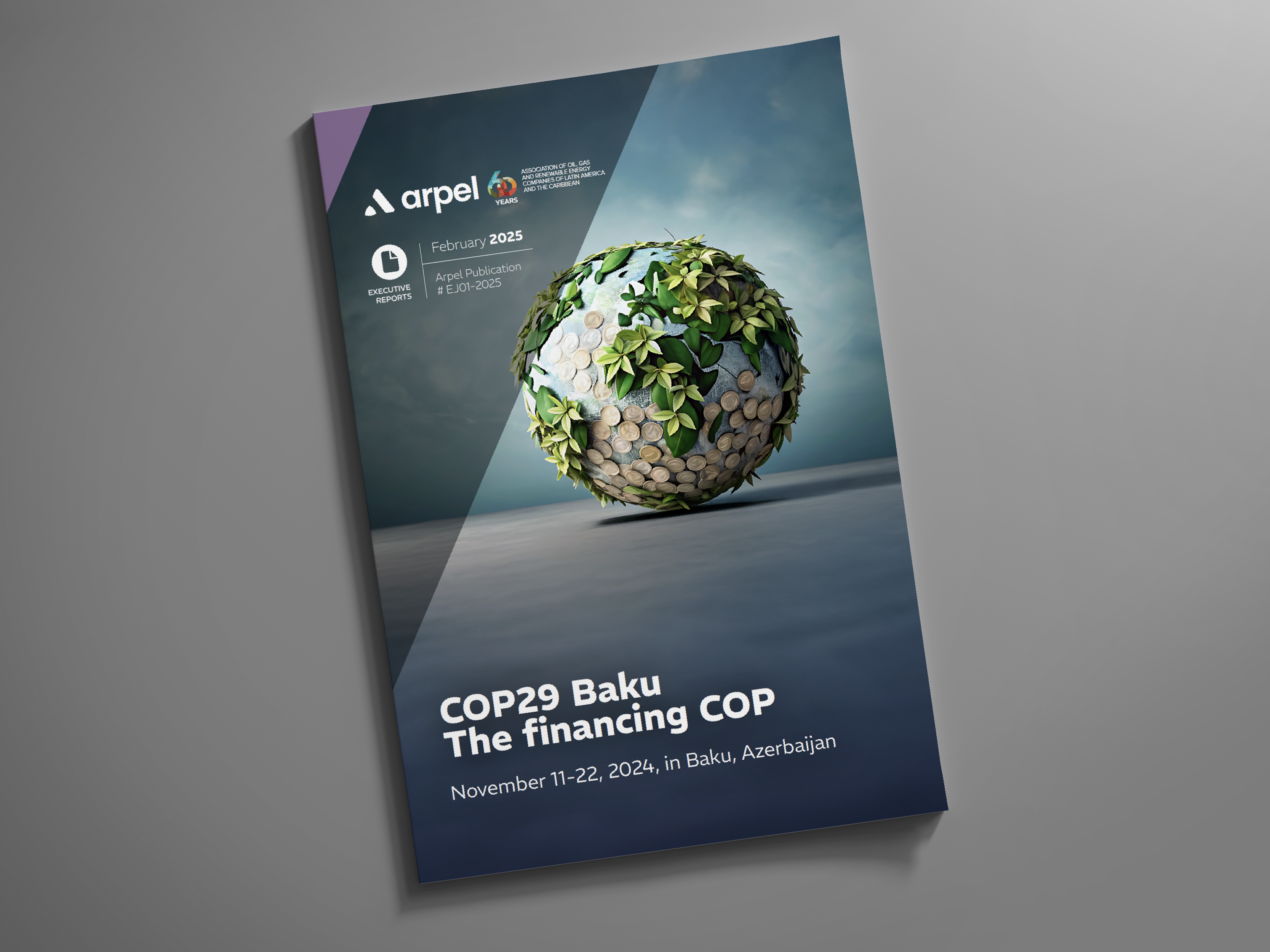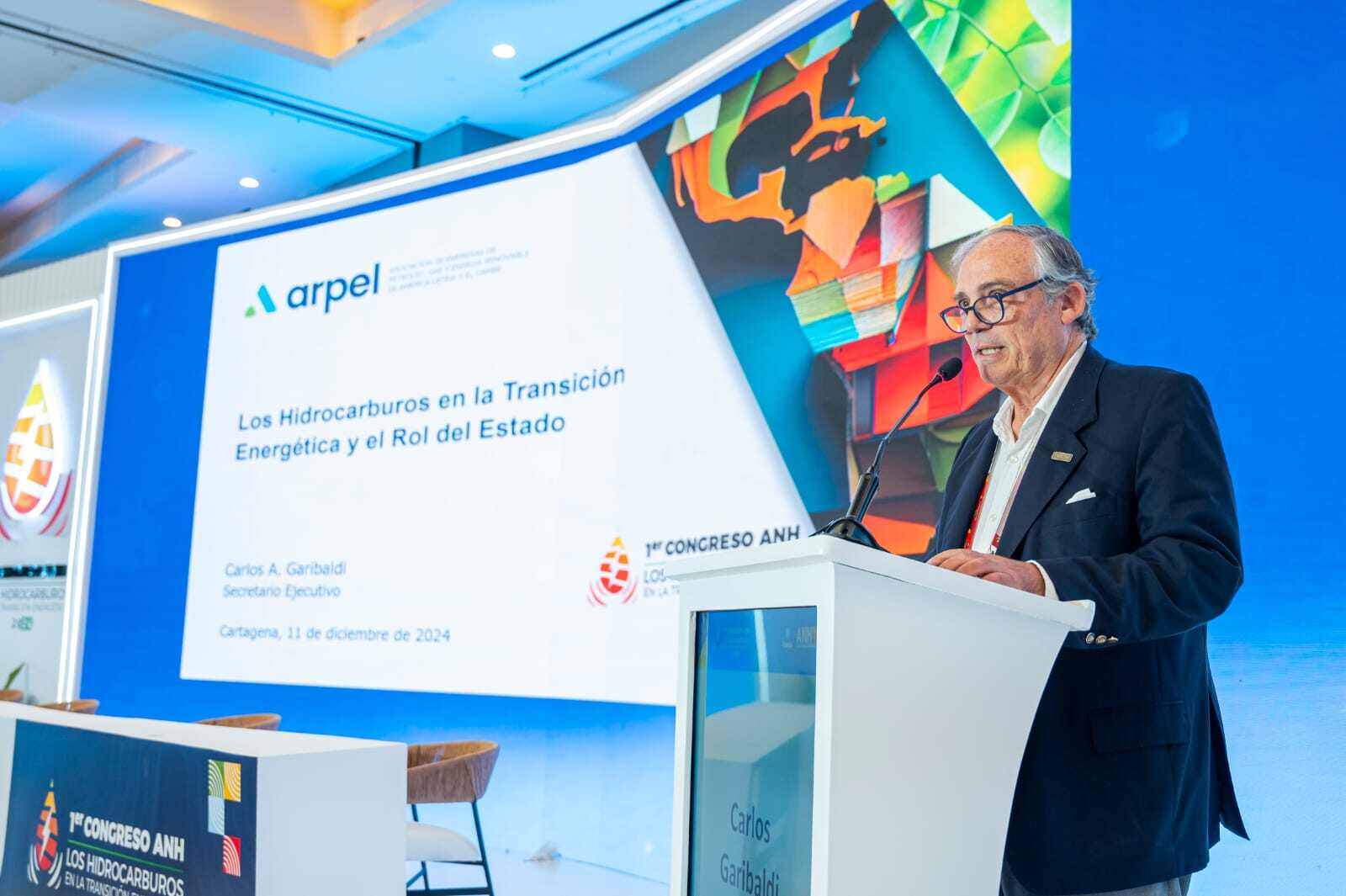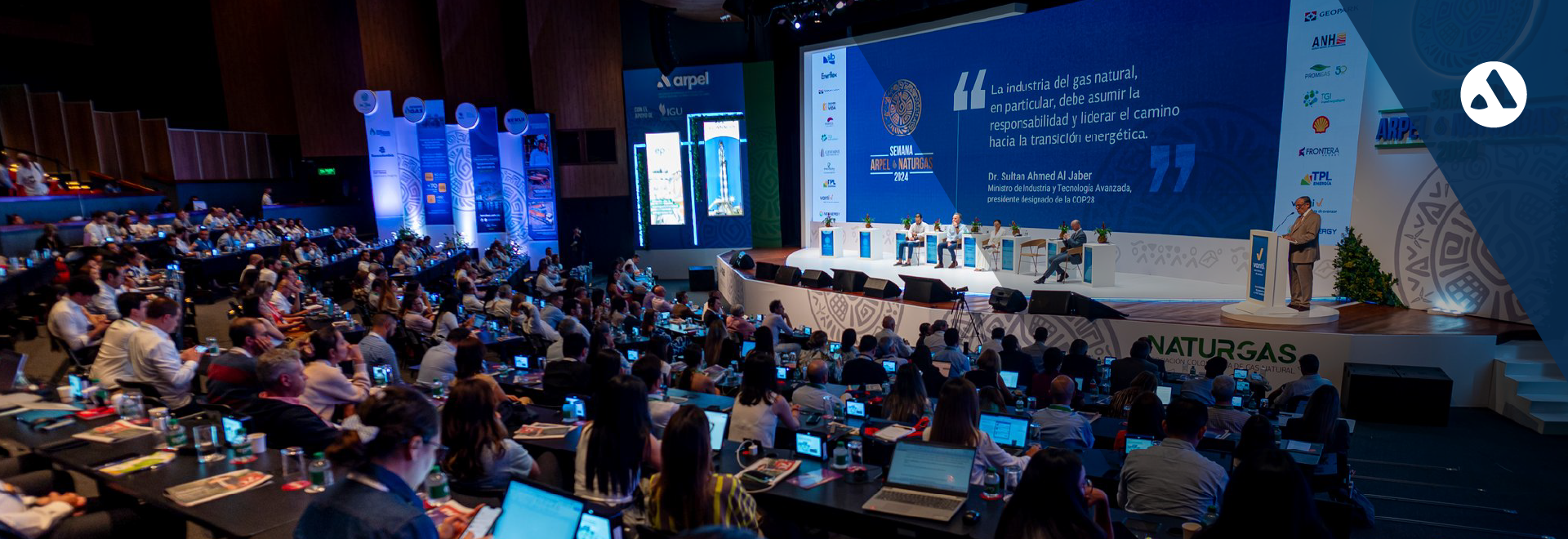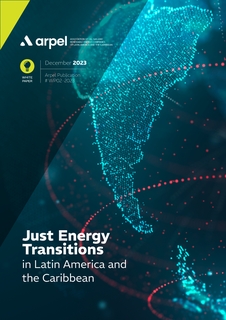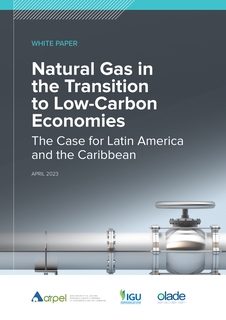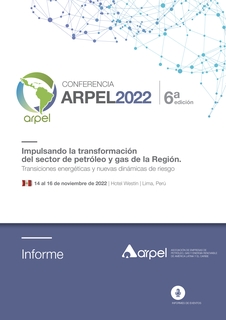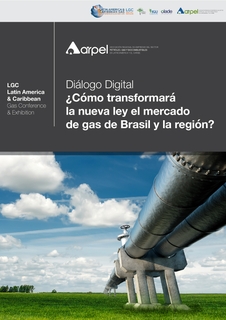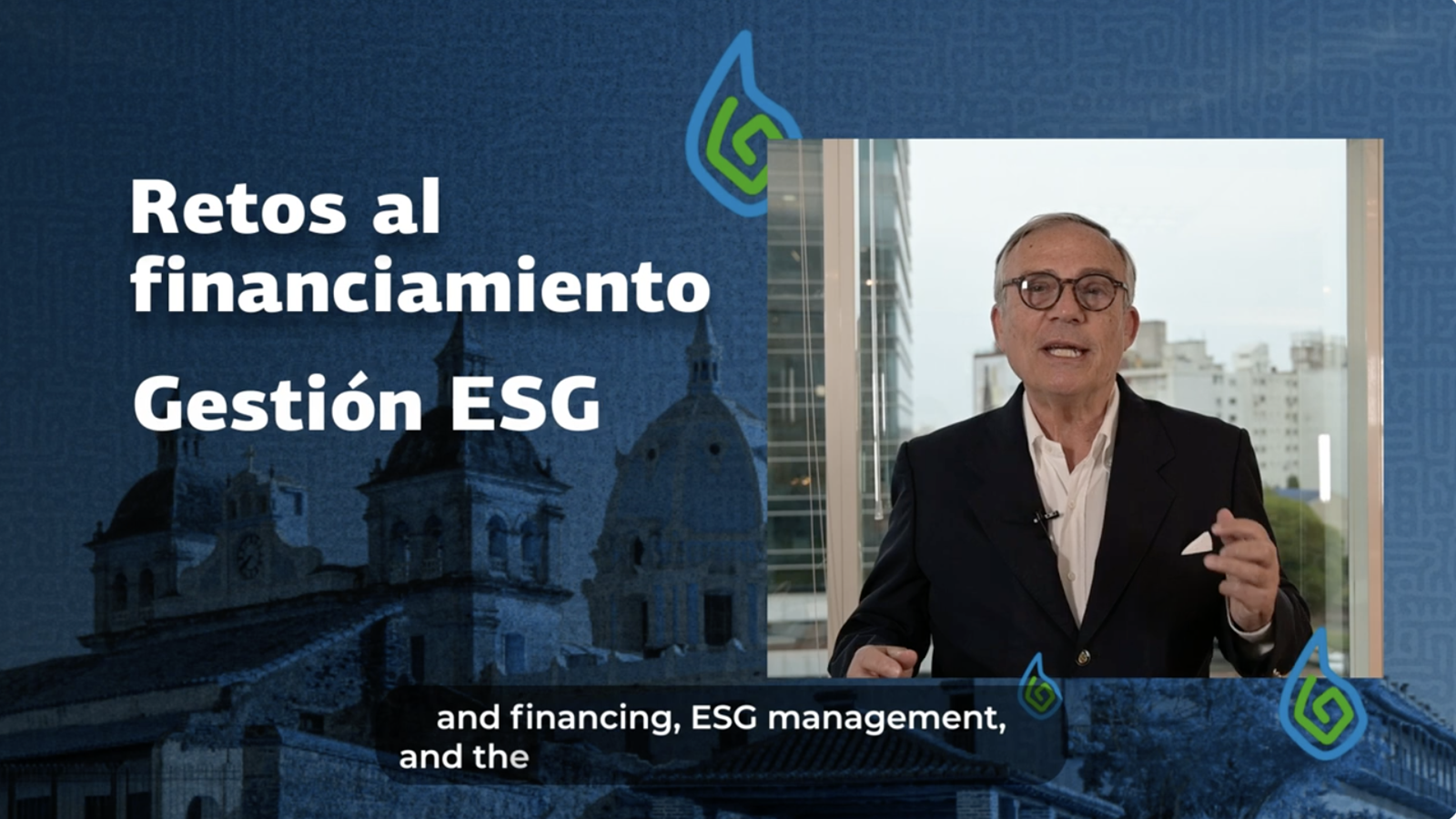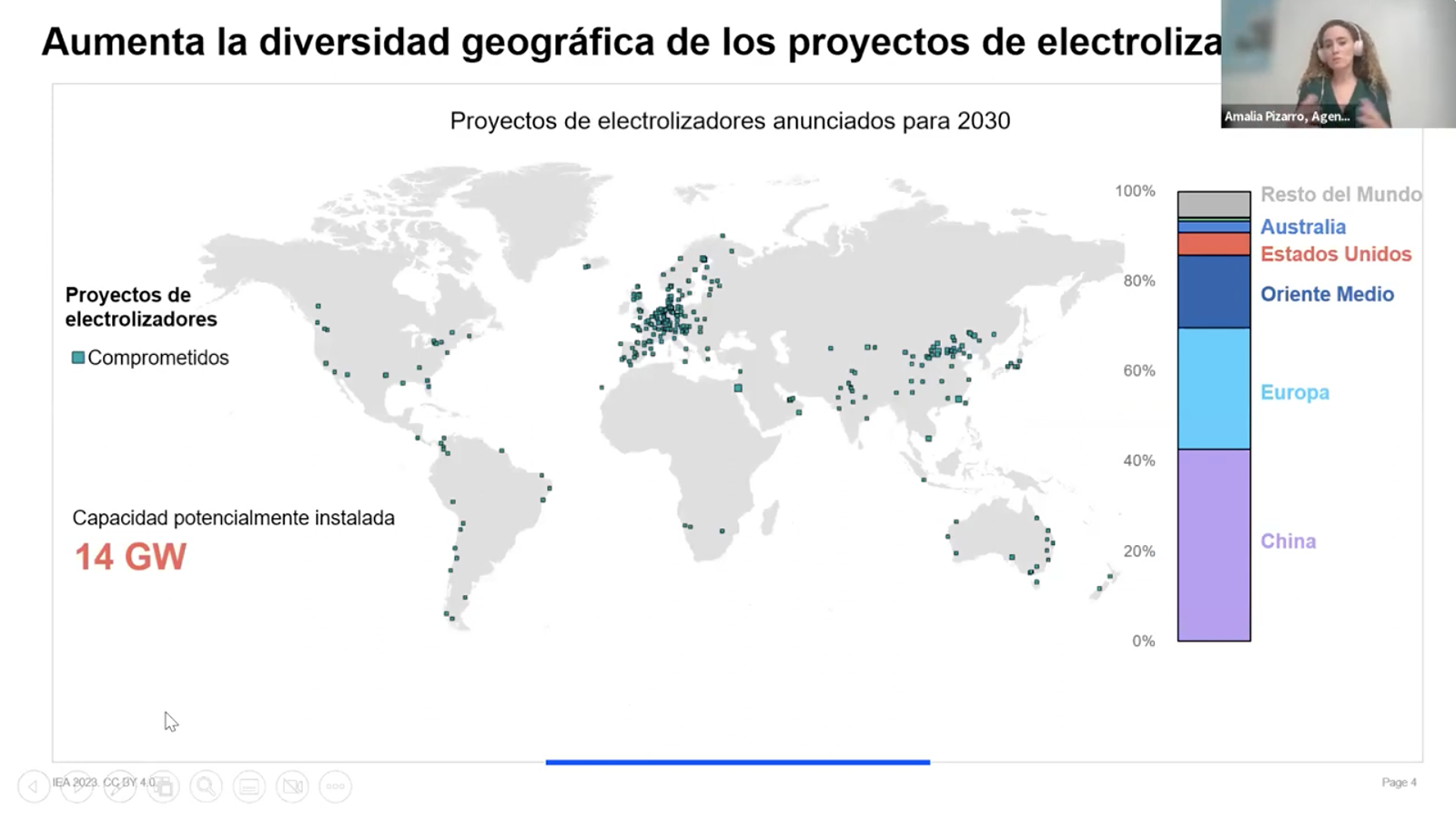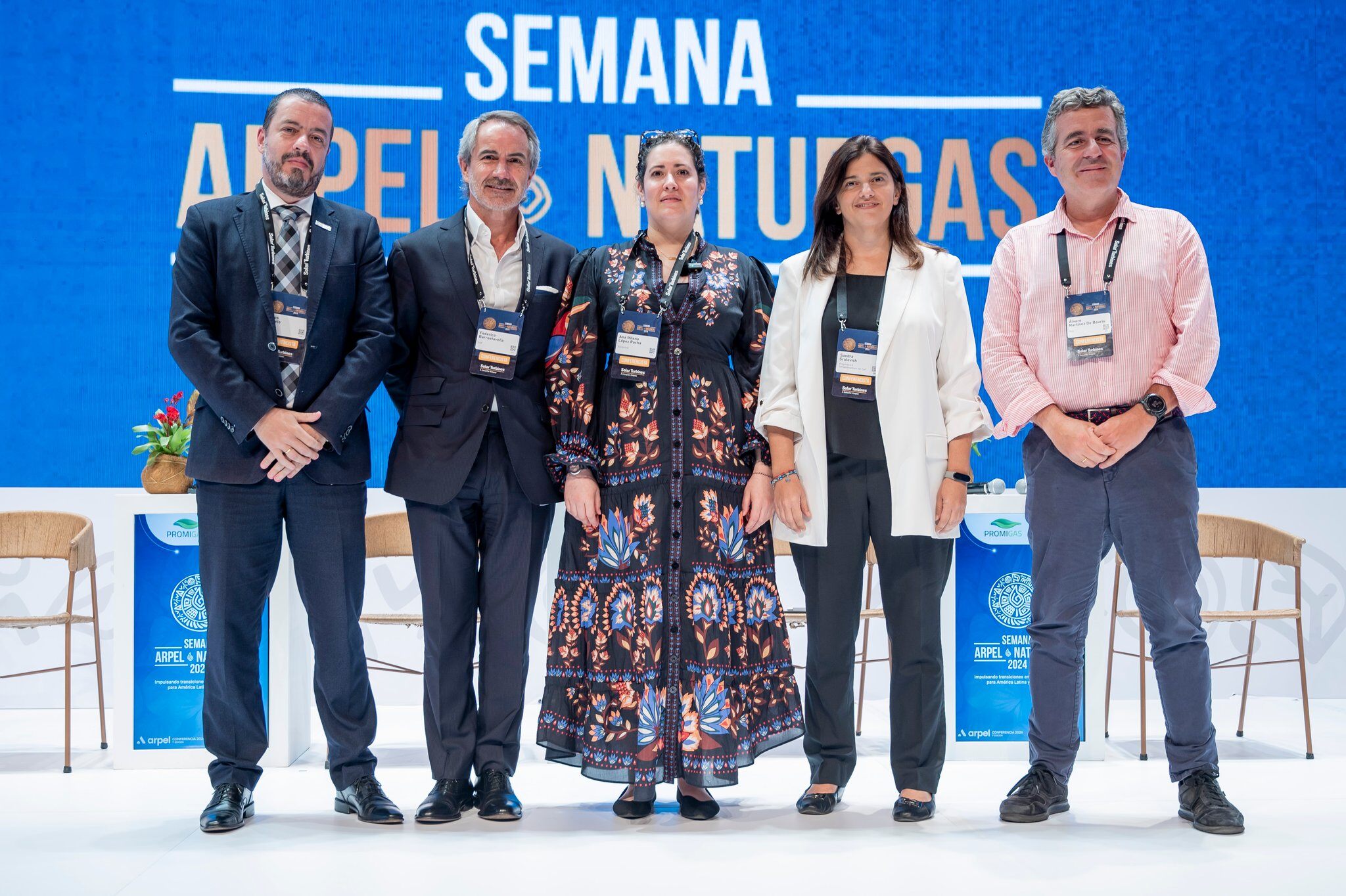
• Federico Barroetaveña, YPF CFO: “The size and efficiency of Vaca Muerta poses a unique opportunity for Argentina”
• Ana Milena López Rocha, Ecopetrol CFO: “Ecopetrol’s strategy is diversification and not the replacement of hydrocarbons.”
• Rodolfo Henrique de Saboia, General Manager of the ANP: “In Brazil, investors are looking for opportunities.”
“Ecopetrol’s strategy is diversification and not the replacement of hydrocarbons.” This statement summarizes the opinion of the state oil companies in the region, which were gathered by the 2024 Arpel-Naturgas Week that is taking place in Cartagena, Colombia, with representatives from Petrobras, YPF, Ecopetrol and CAF.
The participants mentioned that the industry in Latin America faces challenges that are additional to those present in the rest of the world: how to accelerate investment in new, low-carbon energies without overlooking great resource generators such as oil and gas.
In this sense, the challenge involves deciding on a proper capital allocation for both purposes within the context of the energy transition.
“Petrobras is an oil company that has specialized in offshore activities”, explained Petrobras CFO Carlos Rechelo, and added that Brazil is a leader in biochemicals, where 90% of electric power is generated with renewable sources.
He remarked that the company will invest USD 102 billion in the oil area during the next 5 years, 75% of which will be allocated to exploration. However, the company will focus on “investing in oil and gas extraction in a responsible and low-carbon manner.”
In turn, YPF CFO Federico Barroetaveña said that the main challenge oil companies are facing is “reinventing themselves”. “We are focusing on investing in YPF’s most important area –Vaca Muerta– and, in this regard, we have achieved the highest production efficiency and profitability”, he stated.
The plan consists of increasing 65% of shale oil production, in an asset that represents the second shale gas and the fourth shale oil reservoirs in the world.
“The size and efficiency of Vaca Muerta poses a unique opportunity for Argentina to position itself as a major oil and gas exporter”, he explained. Ana Milena López Rocha, Ecopetrol CFO, said that her company has the strategic vision of “maintaining the hydrocarbon business while diversifying company activities”.
This means that the company will assign 75% of investments to the hydrocarbon area to maintain the required business size to, in turn, fund an energy transition process in Colombia.
“In the future, we expect investments in hydrogen, carbon sequestration and an even greater increase of renewables. As we move in this direction, we notice that these businesses will represent 20% of Ecopetrol Group’s Capex”, she said.
THE TRANSITION JOURNEY
The companies expressed their commitment to move forward toward the energy transition but believe it must go hand in hand with reality, in a responsible and gradual fashion.
“It is important to separate ambitions from realities”, the executive from Ecopetrol said, as well as to focus on the oil sector’s technical and financial capacity to generate innovations.
“We must generate high-scale capital, make and finish projects and get returns”, she remarked.
In turn, the executive from YPF mentioned that the company has founded YPF Luz, devoted to the generation of wind and solar energy projects, which already produces 10% of electric power in Argentina.
“Here, we have a great opportunity to grow”, stated Barroetaveña.
Petrobras stated that the energy transition “must respect each country’s specificities” and that the company intends to invest “USD 11 billion” in five years to develop renewable energies.
FUNDING
To achieve good results, energy projects need funding mechanisms. The transition’s hardest test is profitability, which is analyzed by banks before supporting the process.
In this context, Sandra Srulevich, Main Executive of Projects and Infrastructure at CAF, expressed that “we have understood that gas is the transition fuel”.
“From CAF, we must help our countries to obtain this funding”, she continued.
“We are supporting renewable energies in the countries that are most likely to develop in green hydrogen such as Chile and Uruguay, so that they can grow and generate quality employment”, she concluded.
REGIONAL POTENTIAL
At another panel on the competitiveness of hydrocarbon resources in the region, regulators from Colombia, Brazil, Peru and Surinam outlined their countries' opportunities and the tasks they are carrying out.
ANH President Orlando Velandia said that Colombia is focused on optimizing the fields under contract while driving the development of natural gas in offshore fields.
In turn, Rodolfo Henrique de Saboia, General Manager of the ANP, mentioned that Brazil has changed its energy policy to make it more competitive in a stable, predictable and resourceful environment.
“In Brazil, investors are looking for opportunities”, he assured.
Regarding Peru, Asad Bandach Gallegos, Technical Manager of Information Resources for PERUPETRO, explained that the country has 12 trillion cubic feet and great prospects for new discoveries. Therefore, tasks are being performed to promote investment and offer transparent information as well as tax and contractual stability.
Vandana Gangaram, Head of the Staatsolie Hydrocarbon Institute in Surinam, stated that her country offers an open and collaborative environment for oil offshore investments, with stable tax environments and contracts.
“There is a huge exploration potential and the open-door policy is going to continue”, she asserted.
The 2024 Arpel-Naturgas Week continues on Wednesday 10, with presentations and panels that will include representatives from international entities, institutions, authorities and CEOs from energy companies.

